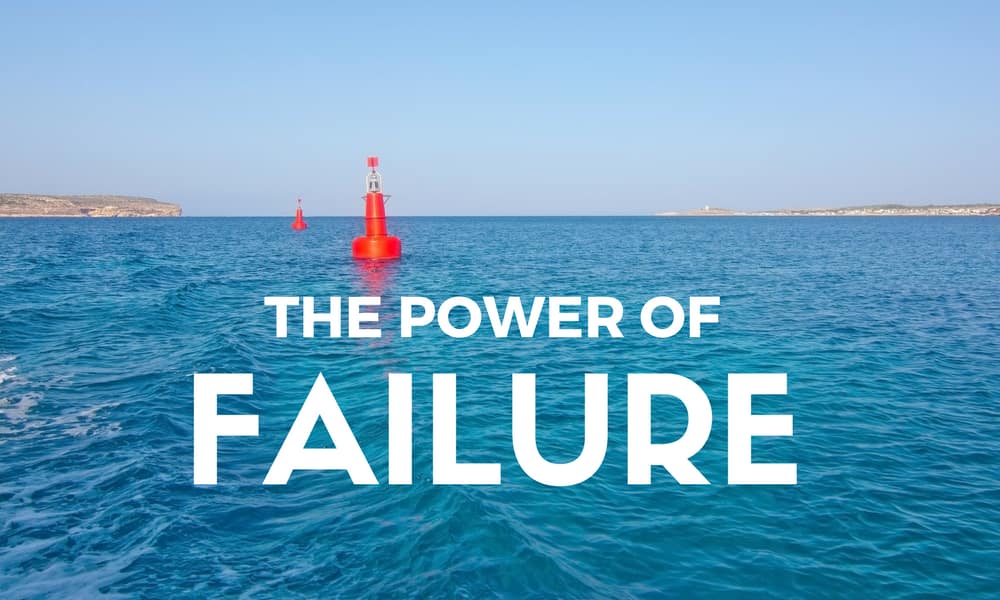
The call came a few days before the class was scheduled to start. The woman who had been assigned to teach the course needed to remain in Hong Kong longer than she had originally anticipated. They needed someone to take over their sales and sales management class with hardly any notice. I am who they called.
One of the things that had been drummed into my head when I was teaching computer application courses early in my career was that you never tell anyone this is your first time teaching a course. If people knew that, they would wonder why they had paid a couple hundred dollars to attend a class taught by someone who was only a few pages ahead of them in the manual.
The first night of the sales class, I was prepared to act as if I had been doing this for years. My first move was an obvious give away at my lack of experience. “Please take out your textbooks and take a look at page 11.”
The cat was out of the bag from the very beginning. The norm throughout my university was that hardly anyone brought their books to class on the first day. First, they would need to determine whether or not the professor was actually going to use the textbook in the course. Otherwise, it didn't make sense to spend the money.
While I didn't think it wise to admit that it was my first time teaching the course, an even worse offense would have been to lie about such a thing. They knew that I was new to teaching in a higher education context, but they were still prepared to put their trust in me to guide them during the semester. That was almost 15 years ago and I'm still in touch with a few of the students from that very first adventure in college teaching.
I had my share of mistakes in the course, but also was able to make an impact. There were techniques I could bring over from my corporate training background that were effective with this new group of learners, yet there were also those approaches best left behind.
Failure Gets a New Look
Last week, we learned of a study that looked at why a group of anthropologists had decided not to adopt particular teaching strategies, despite the evidence that they were likely to prove effective. The Fear of Looking Stupid turned out to be stronger than the hope for change.
John Warner reflected on the evolution of his teaching over the years and emphasized The Necessity of Looking Stupid. Instead of completely revamping everything about the way we have structured a course, he recommends adopting smaller changes and continually asking the students for feedback. “Let the point of the exercise be the attempt, not the outcome,” John urges.
I would be remiss if a discussion of small modifications in our teaching came up and I didn't once again recommend James Lang's Small Teaching: Everyday Lessons From the Science of Learning. If the fear of failure is holding you back from considering experimenting with something new, Jim guides you through what approaches are worth trying and how to get started.
I just finished reading The Book of Joy: Lasting Happiness in a Changing World, with interviews between the Dali Lama and Desmond Tutu. They both speak of fear as having a natural existence within their struggles for justice.
Manuela said, “I learned that courage was not the absence of fear, but the triumph over it. I felt fear more times than I can remember, but I hid it behind a mask of boldness. The brave man is not he who does not feel afraid, but he who conquers that fear.” Archbishop Tutu said something very similar: “Courage is not the absence of fear, but the ability to act despite it.”
In order for us to overcome the fears that are holding us back from taking risks in our teaching, we first need to identify what is there. Name the feeling – and then dig deeper in to why it is present.
Worthwhile Failures
In an upcoming episode of the Teaching in Higher Ed podcast, I share reflections on what I learned from my most recent set of course evaluations. You will hear the pain in my voice, as I describe ways in which I let my students down.
I hope you will also hear the absolute joy. I don't believe we are able to find such rich joy in our teaching, without the sorrows that come from not realizing our aspirations.
Discovering more joy does not, I’m sorry to say,” Archbishop Tutu added, “save us from the inevitability of hardship and heartbreak. In fact, we may cry more easily, but we will laugh more easily, too. Perhaps we are just more alive. Yet as we discover more joy, we can face suffering in a way that ennobles rather than embitters. We have hardship without becoming hard. We have heartbreak without being broken.”
Encouragement
The antidote for fear or sorrow is joy. I burst with gratitude as I consider those who “teach out loud,” stressing The Importance of Being Bad at Something.
While a quest for perfection in teaching will never be attained, we celebrate the milestones we hit along the way toward more spectacular successes and failures.
And so I would say to everyone: You are made for perfection, but you are not yet perfect. You are a masterpiece in the making.” – Archbishop Tutu


